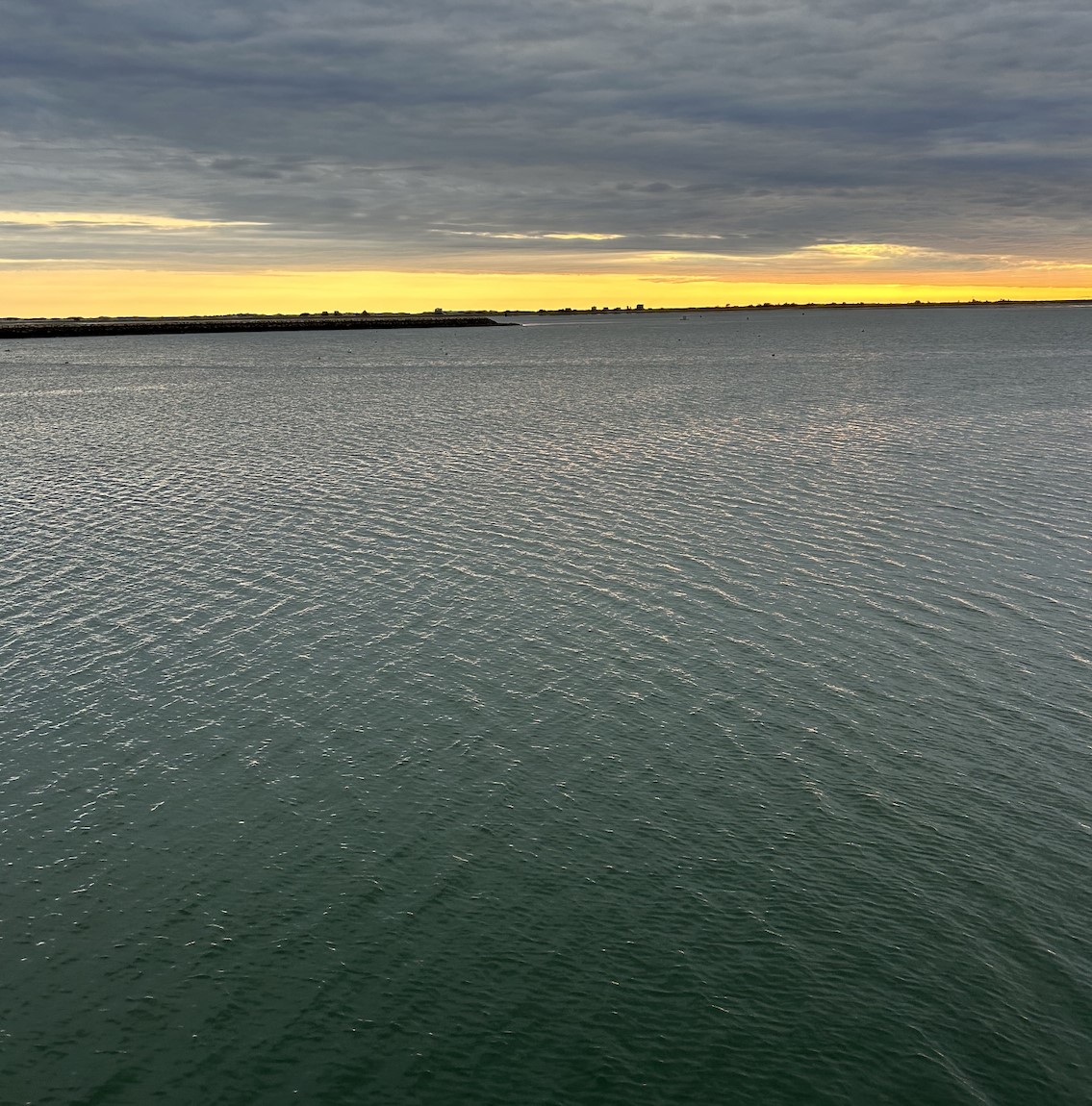The Select Board Tuesday selected six members for a committee that will advise it on a proposal to discharge treated wastewater at Camelot Park instead of in the harbor, where most of it goes now.
Joshua Bows, Mark Champagne, Bill Doyle, Martin Enos, Rose Forbes, and Hampton Watkins were selected from a pool of 11 applicants to form the Wastewater Groundwater Discharge Community Advisory Committee.
Select Board vice chair Kevin Canty was the only member to question all the candidates, and he asked them all the same question: Did they have an initial opinion on whether Plymouth’s wastewater should continue to be discharged into the harbor or instead be diverted to the Camelot industrial park? Canty said he was looking for candidates with open minds.
Select Board members David Golden and John Mahoney said they were looking for a balance of opinions among the committee members.
Bows, president of Merrill, an engineering and land surveying firm and a member of the Plymouth Harbor Committee, told the Select Board that he has no opinion on which wastewater option is best
Champagne, who said he has worked on septic systems for 18 years and has the Eel River in his backyard, said he would have to see more evidence, but he believes continuing to pump treated wastewater into the harbor is the best solution. Water discharged at Camelot Park would eventually find its way to the Eel River via the ground.
Doyle, who did not attend the meeting, is the founder of Plymouth Rock Oysters and a member of the state Marine Fisheries and Advisory Commission. The main goal of moving the discharge to Camelot Park is to improve the water quality in Plymouth Bay and eliminate viruses that threaten oyster beds in Plymouth, Duxbury, Kingston, and Scituate.
Enos, a former Plymouth Fire Department deputy with degrees in biology and forest science, lives by the edge of Russell Mill Pond, where he grew up.
“If I sleepwalk at night, I’ll get wet,” he said.
The Eel River feeds into Russell Mill Pond.
Enos said he favors continuing discharging treated wastewater into the harbor, provided that it would be as clean as the water Boston now discharges into the ocean. That would require additional purification.
“Plymouth relies heavily on its aquifer,” Enos said, explaining why he questions whether treated wastewater should be discharged at Camelot Park. “I would err on the side of not damaging our drinking water.”
Forbes, a former environmental engineer with the Air Force who co-owns Independent Fermentations Brewing, near the water treatment plant at Camelot Park, said she has a slight preference for continuing to discharge treated wastewater into the ocean.
Watkins said he has been testing water quality in Plymouth’s ponds. He has degrees in chemistry and earth and planetary sciences from Tulane University and the Massachusetts Institute of Technology. He also chairs the Plymouth Land Use and Acquisition Committee. He promised to follow the science in deciding which option is better.
The advisory committee will remain active as long as the Massachusetts Department of Environmental Protection is reviewing Plymouth’s proposal to reroute most of the treated wastewater. It is not clear how long that process will take. The committee will be dissolved once it has made its final recommendations to the Select Board.
The board has the option of naming a seventh member of the committee, potentially one of its own, to chair the committee, but did not exercise that option Tuesday.
Fred Thys can be reached at fred@plymouthindependent.org

